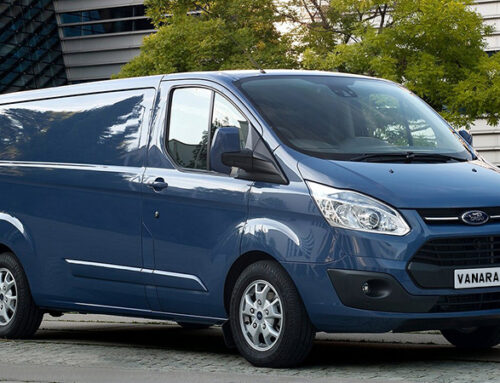WHEN the time comes to buy a new van it’s essential to find the most suitable way for your type of business to fund it.
At the time of purchase there may or may not be some vantastic deals out there but there are certainly a number of different ways to pay for the new vehicle.
And, perhaps somewhat surprisingly, the choice could come down to just how dirty your van is likely to get during its working day.
The best way to fund a new van which will be used by a builder or plasterer – and so tends to take a bashing – is usually different to the best way to fund one used in cleaner trades, like plumbing or by electricians.
So if you can guarantee the condition of your vehicle and are VAT registered contract hire is a suitable option.
But if your new van is less likely to stay pristine finance lease could be the way forward.
Here we look at both options and other choices of van funding.
Contract Hire
Contract Hire, which is sometimes referred to as an Operating Lease, is a long term rental agreement of 12- 60 months which you can have with or without maintenance.
It‘s popular with VAT registered companies as they can generally claim back 100 % of the VAT on the finance element for commercials (subject to no private use, no exempt turnover and not being on the Flat Rate VAT Scheme).
Without maintenance schemes are cheaper on the face of it, but don’t forget you are going to have to pay for all the servicing and repair costs. And be warned, any damage that’s not considered fair wear and tear can lead to expensive penalties.
If you include maintenance in the package it’s more straightforward as you simply pay an initial deposit of around three months rental and then a fixed monthly fee.
And with this type of contract the VAT on the service element is 100% recoverable. At the end of the contract you simply hand the van back and get a new one to replace it, but again make sure it’s in good condition or you could face penalties.
Contract Hire is generally ‘off balance sheet funding’ which means it can improve your gearing ratio (assets to borrowing ratio) and therefore possibly your borrowing ability in the future.
Other advantages include: No vehicle disposal problems; Reduced administration; Optional replacement vehicle cover in case your van breaks down.
Disadvantages include: You will never own the vehicle and there is no option to buy; Early termination can be expensive; If your van does more miles than agreed in the contract you will be charged excess mileage.







Leave A Comment